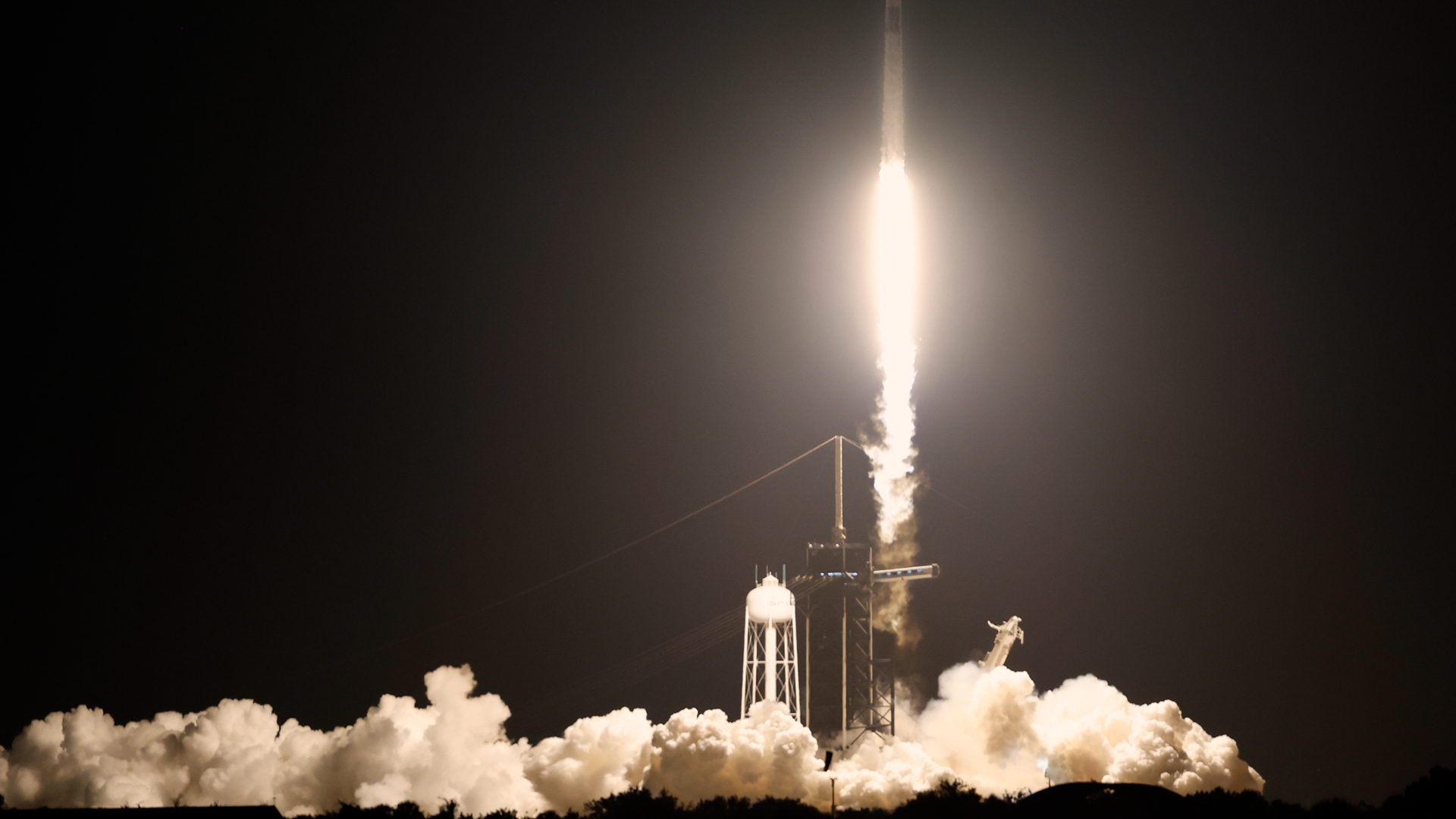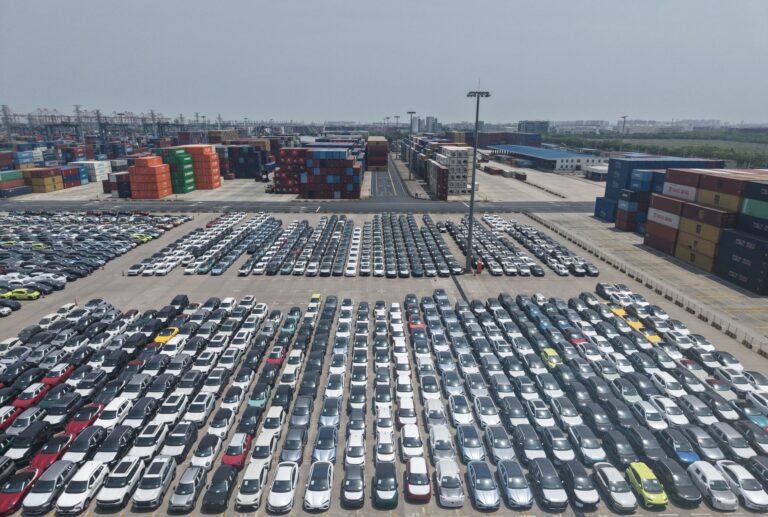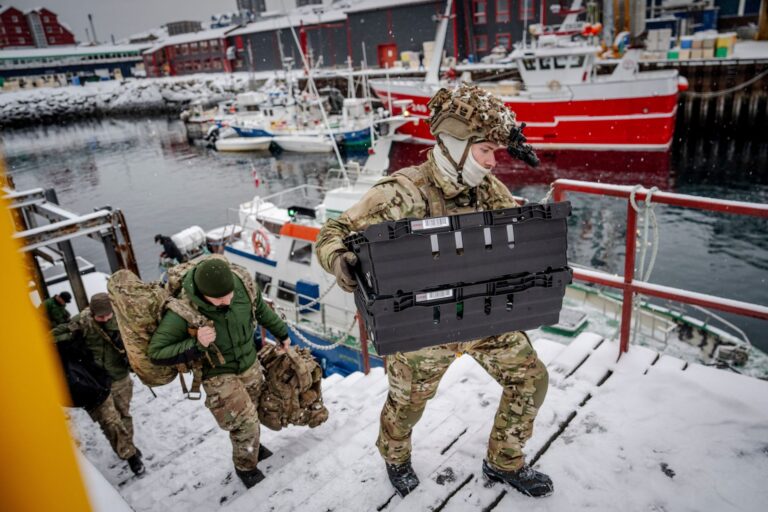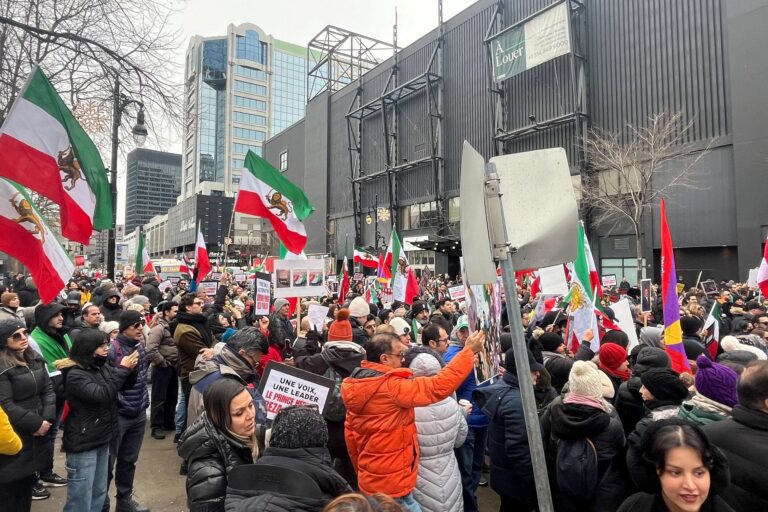The global landscape of space activity is undergoing a fundamental shift – from government-led exploration to commercial resource use. With the space economy projected to reach US$1.8 trillion by 2035, nations are rapidly establishing legal and policy frameworks to secure their positions in this emerging sector. Space mining itself is expected to grow by 20 per cent by 2040.
As the prospect of space resource extraction shifts from theory to reality, Canada has an opportunity – arguably, a responsibility – to help shape emerging norms. Its long-standing role in Arctic governance offers practical lessons for managing extractive activity in complex and ecologically sensitive environments. Drawing on this experience, Canada should lead the development of a code of conduct for space mining before unilateral actions outpace co-ordination.
Yet norms only harden into governance structures when they are articulated early – and by actors with legitimacy. That legitimacy is still fluid in the space economy.
In the Arctic, overlapping claims, thawing ice and heightened military posturing complicate co-operation, even as the Arctic Council’s scientific mandate remains intact. Canada, the second largest Arctic state, has been a consistent and legitimate actor – and one where the international rule of law has been paramount.
In space, a race for lunar and asteroid resources is accelerating under outdated treaties designed for an era of exploration, not extraction. The United Nations 1984 Moon Agreement, which attempted to regulate exploitation, has been ratified by only 17 countries – none of which are major spacefaring states.
Integrating environmental considerations is key to Carney’s seven priorities
The Moon Agreement, along with four other UN foundational treaties that govern international space, were drafted more than 40 years ago, and are intentionally vague; they were fit for purpose at the time and not meant to cover the future we now find ourselves in. In response, several countries have enacted domestic space resource legislation and, unfortunately, Canada is not yet one of them.
However, Canada has been a constructive actor in the Arctic – technically capable, legally informed and diplomatically trusted. Its Arctic policy has evolved through complex trade-offs among development, environmental protection, Indigenous rights and sovereignty issues. The result is not a perfect model, but one that reflects procedural realism: Canada has built legitimacy through negotiated processes, regulatory innovation and institutional engagement.
These same tools can be adapted to space governance.
Building broad international consultation
Three lessons are instructive.
First, procedural legitimacy must precede technical capacity. Canada’s Arctic experience shows that extractive activity gains political and social traction only when developed through inclusive and transparent processes. While there are no communities in space to consult in the way that there are in the Arctic, analogous legitimacy concerns apply.
A space mining code of conduct should be built through broad international consultation – including countries with emerging space programs and relevant scientific communities – and not confined to a narrow coalition of technologically advanced states.
Second, legal ambiguity does not justify inaction. In the Arctic, Canada has operated under partial legal clarity for decades, particularly with regard to maritime boundaries and continental shelf claims. Rather than wait for full resolution, it has worked with other Arctic and non-Arctic nations by employing soft-law instruments, domestic legislation and regional co-operation to manage uncertainty.
The 1967 Outer Space Treaty prohibits appropriation of celestial bodies but is silent or vague on commercial extraction. A code of conduct could help fill operational gaps without attempting to pre-empt formal treaty processes.
Third, early-stage co–ordination is far more feasible than harmonization after the fact. Canada has seen firsthand how difficult it is to align standards once firms or states begin acting independently. That dynamic is already emerging in the space sector, with diverging national frameworks and commercial interests setting de facto norms. A voluntary code, if convened now, could set expectations before such divergence becomes entrenched.
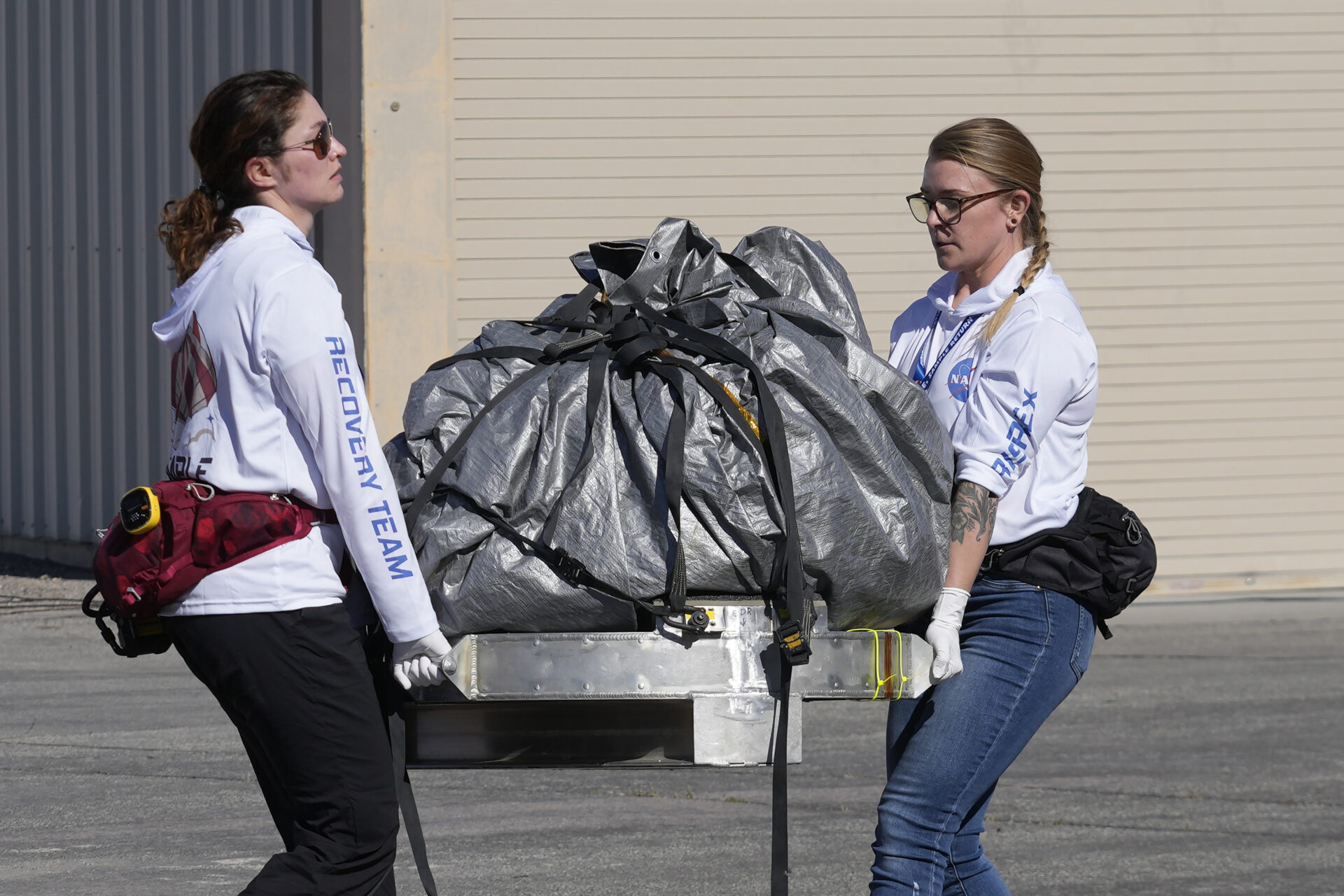
Canada’s co-ordinating role
Canada does not need to propose a fully developed regulatory regime. Instead, it should initiate a multistakeholder process aimed at articulating basic principles: environmental thresholds, scientific transparency, licensing co-ordination and data-sharing norms. These elements would not resolve contested legal issues, but they could build interoperability across jurisdictions and reduce reputational and operational risk for early actors.
In addition, this stakeholder process should include Indigenous voices to help prevent space from becoming another colonial land grab, and a duty to consult should extend beyond terrestrial resource development.
Canada’s credibility in this sphere does not rest on scale or hardware. It rests on a demonstrated capacity to manage extractive frontiers responsibly. With this experience, the country can play a co-ordinating role, helping to define the procedural and ethical contours of space mining before they are set for us by others.
The current window for influence is narrow. Once operational and commercial momentum overtakes governance, the cost of collective rule-making rises sharply. Canada has the international standing and tools to act now, and little to gain by waiting.
If Canada waits, it will find itself reacting to norms shaped by others. That would limit its influence and increase the risk that space mining will evolve in ways that repeat past mistakes – whether they be environmental, legal or geopolitical. The Arctic has already shown how difficult it is to rein in activities once regulatory divergence takes root.
